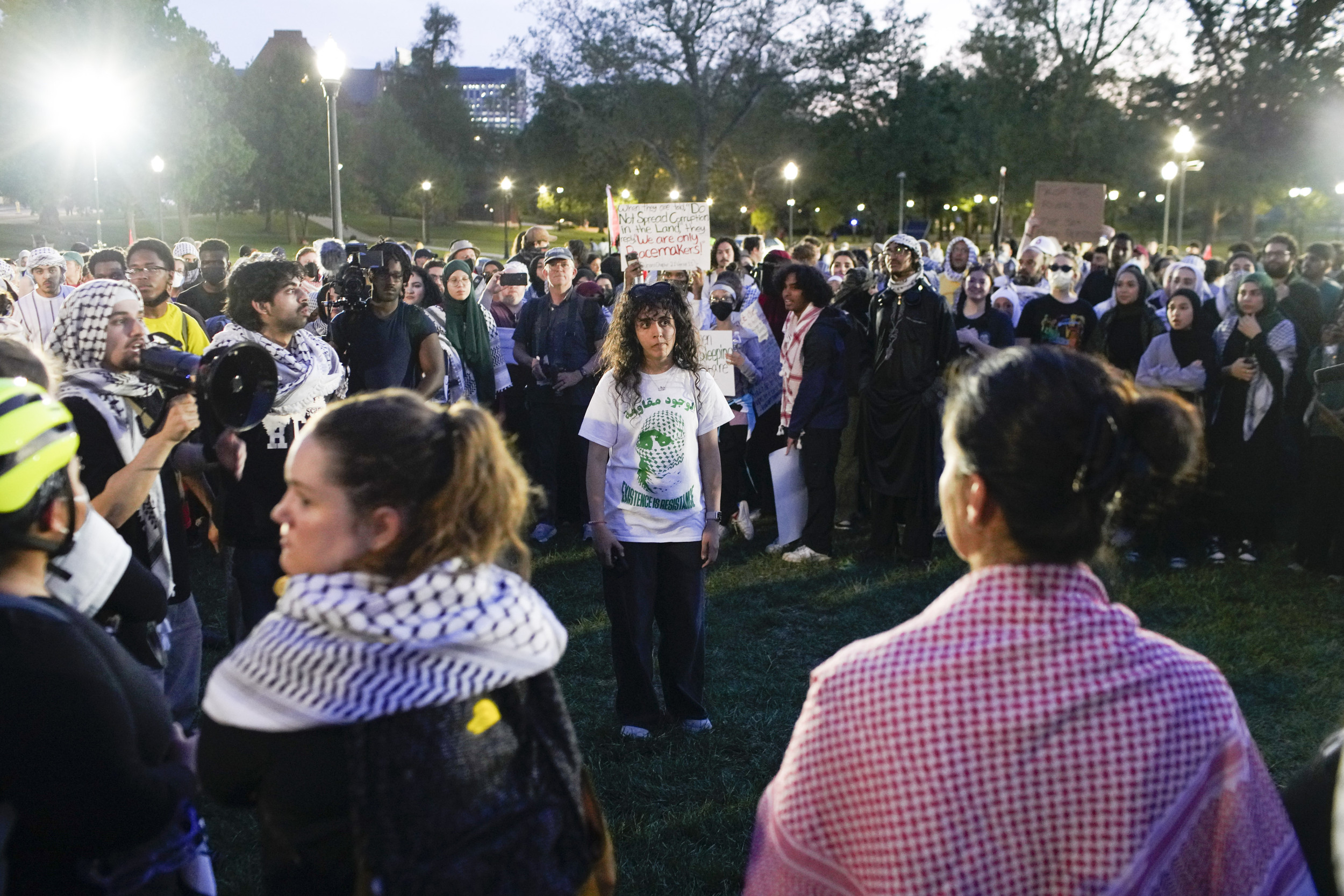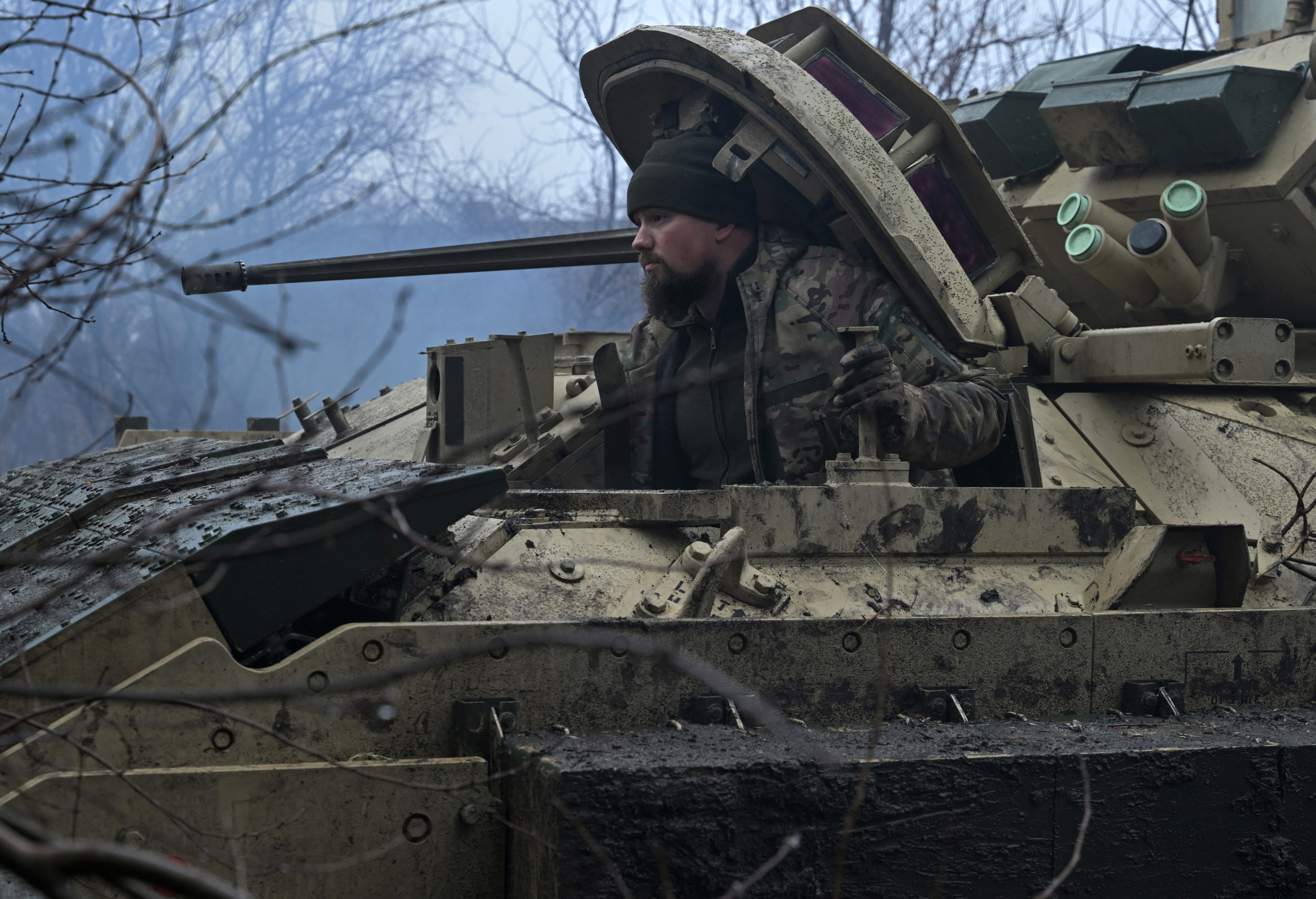In northern Iraq, there is a city named Baghdeda, meaning "house of youth." The name comes from Iraq's indigenous people—the Assyrians. We have called it that for thousands of years. After migrating in the 1500s, the Ottomans began calling the city Qaraqosh, meaning "black bird" in Turkish. It is also called Al Hamdaniya, this time in Arabic, named for the Arab tribe that migrated from the city to southern Iraq 300 years ago.
Names are strategic and intentional. They hold power. They reveal history and politics over time. The changing of city names highlights what my Assyrian people have been subjected to on their indigenous lands for over a millennia.
You may already know us by many names or labels, a mix of those that are self-identified and given: Aramean, Babylonian, Chaldean, Syriac, Suraya/Suroyo, Mesopotamian, Nestorian, and more. Each group speaks a modern dialect of Neo-Aramaic, or Sureth. When covering us, the West generalizes us as merely "Christians." But we call ourselves Assyrian. It's our ethnicity.
My name is Sarah: eldest daughter of Amy—youngest daughter of Esther—eldest daughter of Clara—eldest daughter of Sarah. I carry the name of my legendary great-great grandmother, born Sarah Sartib, outside Urmia, Persia (now Iran). My name is not just my great-great grandmother's name. It holds the legacy of our Assyrian heritage and family. Names hold power.
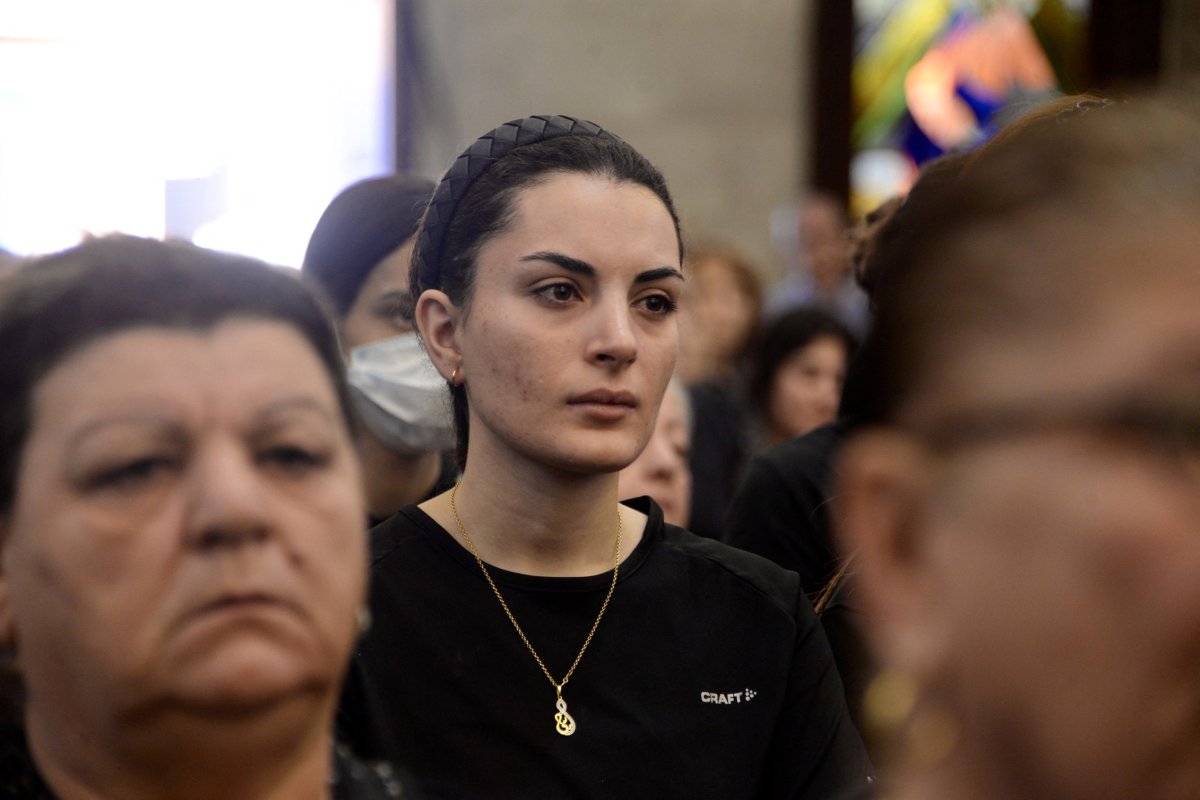
You've likely read about Baghdeda before. In 2014, the village was invaded by ISIS militants—who targeted us for our Christian faith. Our people were left to fend for themselves without any government or international aid. An estimated 44,000 people fled the city overnight, and today, roughly half of these families have returned. Present day, in late September, Baghdeda was in the news when a fire broke out at an Assyrian wedding, killing 119 people. Hundreds more remain hospitalized or missing, as Baghdeda holds mass funerals every few days as the death toll climbs.
Our friends—alongside trusted Assyrian organizations on the ground—urgently rushed to share the latest: how people can help, what supplies are needed, and updates as to what happened. Massive media outlets picked up the story—even TMZ posted a clip—and the tragedy began to circulate globally.
Every new headline I read about the wedding fire continued to omit context—and used generalizations like "Iraq's Christians" or "Iraqi Christians." The city was mentioned with its Arabic or Turkish names, not the Assyrian name its residents use. International coverage overlooked the ethnicity of those affected. Our name—Assyrian—was hardly mentioned.
Names are strategic and intentional. Omitting ours is a choice reflective of a longstanding effort toward Assyrian erasure. Since the fall of the ancient Assyrian empire and conversion to Christianity, Assyrians have faced genocide. Under the Ottomans in 1915, 3 million Assyrians, Greeks, and Armenians were systematically slaughtered and displaced. In 1933, after Iraq was independent from British rule, newly installed leaders conspired with the British, as well as Kurdish tribes, to target the ancient Assyrian village of Simele. It was a textbook instance of both ethnic cleansing and land theft, over 6,000 Assyrians perished. With no official state recognition of the massacre today, it remains an open secret. Many of my friends are descendants of survivors. Some of the families that were able to escape found refuge in Iraq's Nahla Valley; in turn they face KRG occupation and checkpoints that limit the basic right of moving freely and having access to resources and medical aid.
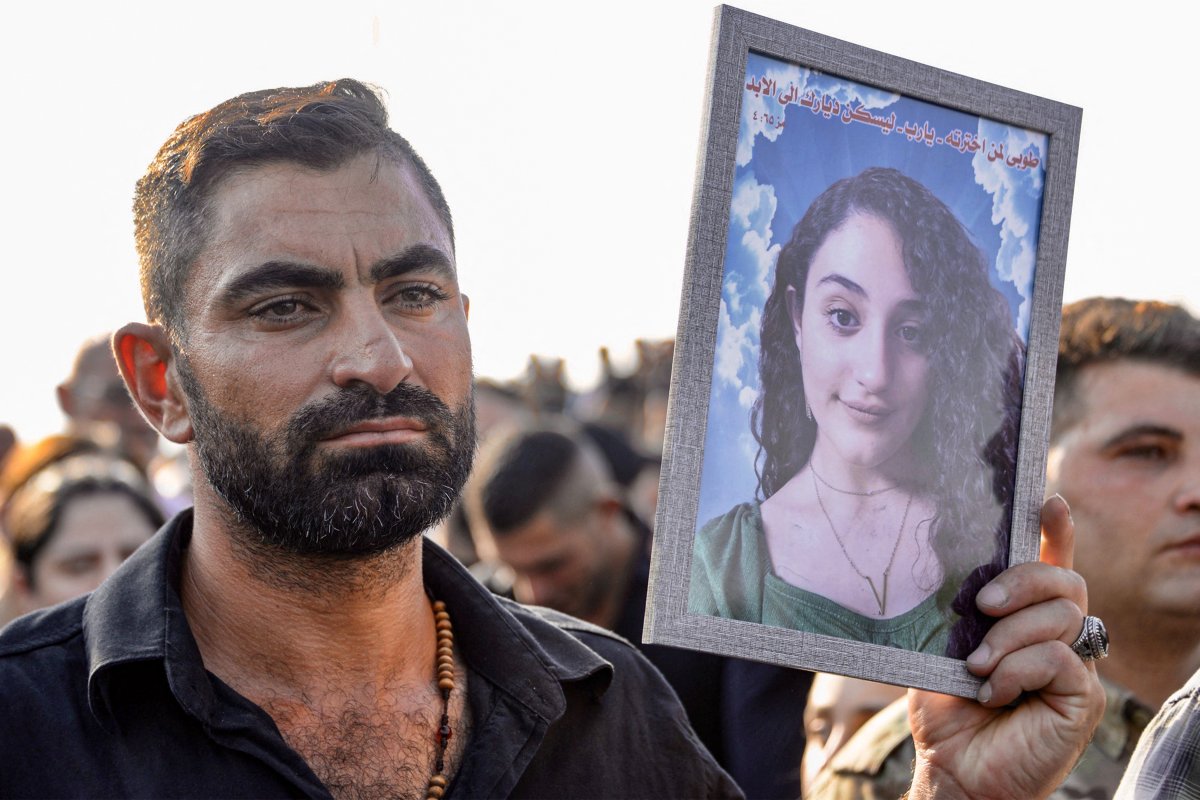
Following their rise in 1963, the Ba'athist regime under Saddam Hussein notoriously targeted Assyrians and displaced thousands. Assyrian identity was suppressed by Arabization with laws declaring it illegal to give children Assyrian names, forcibly altering their ethnic identity. ISIS then invaded our areas, declaring jihad against Christians, murdering and kidnapping thousands; to this day, girls are still missing. Over 1 million Assyrians lived in Iraq before their rampage. Ten years later, that number is now a mere 100,000.
Before we were Christians, we were Assyrians—and still are, despite ongoing massacres and targeted efforts to make us assimilate. When you're fighting to maintain not only your life but your culture, the name matters.
The Baghdeda wedding fire has been ruled an accident, despite evidence of gross negligence—and it's an alarming reminder of the vulnerable state of Assyrians throughout our homeland. To omit the identity of the victims is an intentional offense that shows a lack of recognition abroad. It matters that this tragedy was at an Assyrian, not just Iraqi or "Iraqi Christian," wedding.
Native to the land yet without recognition—Iraq still does not recognize our indigeneity or our distinct native language. (Still, the country touts our heritage on its currency and in its culture, and makes money from tourism to our heritage sites and the ruins of our long-gone empires.)
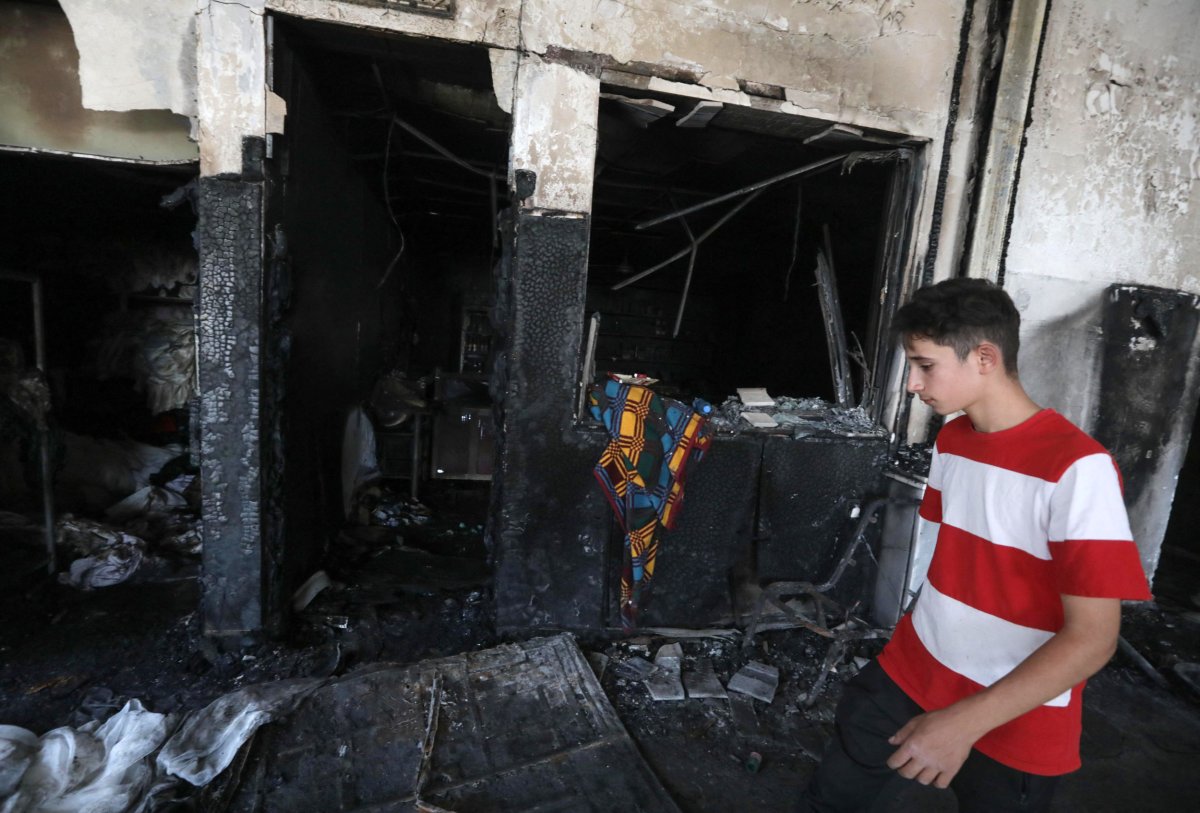
I beg the world to not turn a blind eye to an estimated 4 million Assyrian spread globally. Assyrians contributed the first written words, the first aqueducts (long before Romans), the first library, the foundation of the legal system, and so much more.
We as a modern society have long known that failing to acknowledge the humanity of an entire people leads to erasure—and it has devastating consequences. Assyrians are at risk of disappearing if this continues—if the world does not take notice and act. The very least you can do is call us by our name.
If you would like to donate to relief assisting those affected by the Baghdeda wedding fire, please donate to Shlama Foundation and the Assyrian Aid Society.
Sarah Bennett Kalleberg is a human rights advocate that has worked in Rwanda, Turkey, and Iraq. She volunteers with the Assyrian Aid Society and works in tech in Brooklyn, N.Y.
The views expressed in this article are the writer's own.
Uncommon Knowledge
Newsweek is committed to challenging conventional wisdom and finding connections in the search for common ground.
Newsweek is committed to challenging conventional wisdom and finding connections in the search for common ground.
About the writer
To read how Newsweek uses AI as a newsroom tool, Click here.




